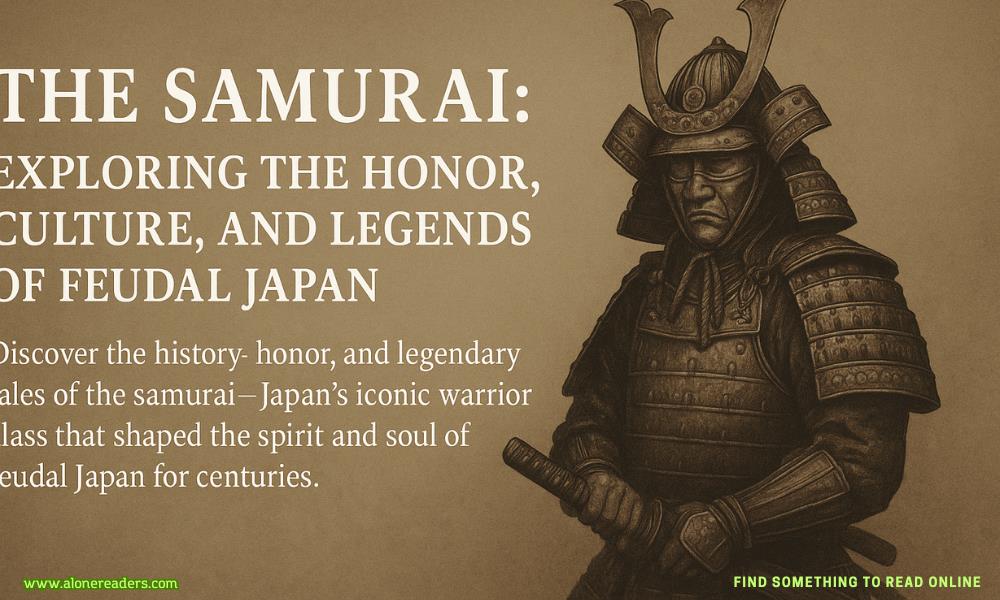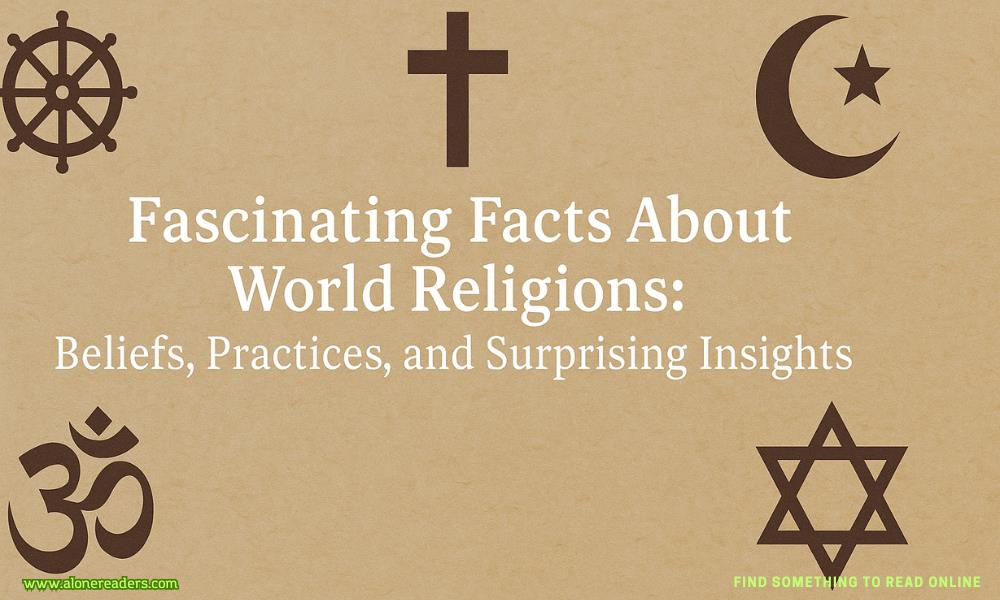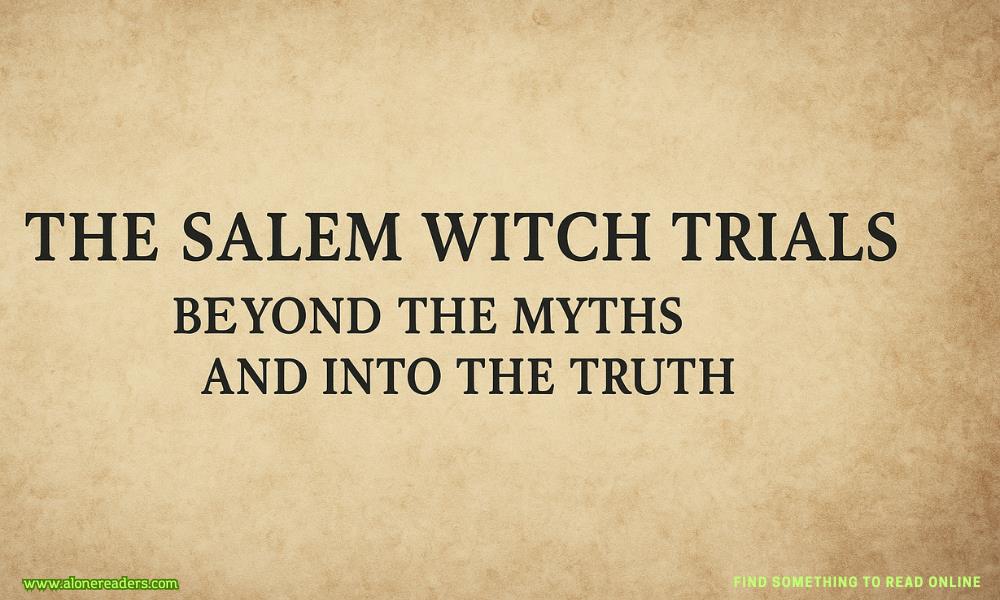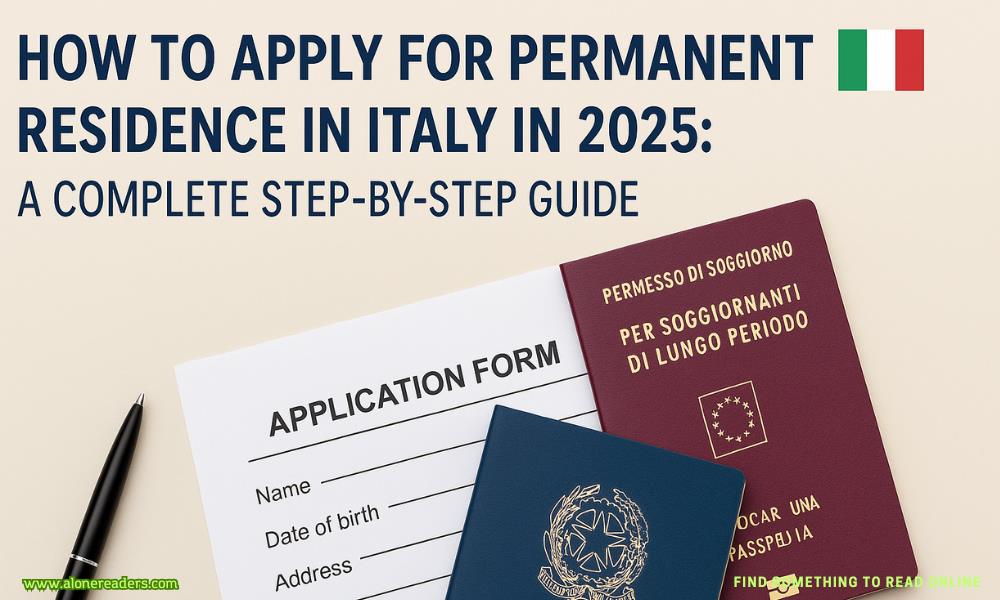Page 49 of Aftertaste
!!!
YOU’LL DO ANYTHINGto avoid becoming a Hangry Ghost.
So you start searching for a way back.
A way to make peace. A last conversation. A chance to explain. To tell Maura to let you go. To stop hurting you. To stop haunting you.
You know there are ways to travel; you heard the stories even when you were alive. Spirits returning for festivals. For offerings left in their name. For Halloween. There were spirits that haunted old Victorians, and gas station bathrooms, and amusement parks. It can’t be that hard.
But when you start asking around, other spirits—Hungry ones who’ve been in the Food Hall much longer, old-timers with sunken faces, shadowed limbs—tell you that there’s only one way back that can sate the Hunger.
They call it the Magic Meal. A Reincarnosh. An Aftertaste.
It has a lot of names, but if you find yours, it’s a Golden Ticket. A way to return to your Living. A last meal to help them finally let you go.
All you have to do is find the right dish, the combination that unlocks your pathway back to them. Only, no one’s ever managed to do it, and no one you ask can agree on what it is you’re looking for.
Some say it’s supposed to be the best meal you ever ate. Others are convinced it has to do with your Living, a dish you ate together. Some claim it’sthe flavor of your Living’s grief. Others, the flavor of their love. One guy says it isn’t about the food at all, but about how it makes you feel. Some lady has this whole theory about meals, and memory, and ties that bind.
In the end, you hedge, and take all of their advice.
It doesn’t bother you that it hasn’t been done before; you don’t mind being the first.
But that doesn’t make finding your Aftertaste any easier.
BACKBURNERS
KONSTANTIN MET VIKTORthe next afternoon for zakuski—hot and cold appetizers, basically—at the Russian Tea Room, which was exactly the kind of place he expected a paunchy old oligarch to conduct business. (Either that, or abanya, where they’d sit naked in a steam room talking shop before beating each other raw with birch branches and plunging into ice pools. Fun.)
What he hadn’t expected was the guy waiting for him at the table, or the baffling tear in the time-space continuum that had paired Viktor Musizchka’s voice with his body. While his accent was goofy, allRocky and Bullwinkle, Boris and Natasha in fedoras and furs, his face was early-era Brad Pitt, the rest of him an Armani underwear ad, his confidence reeking like too much cologne.
Viktor Musizchka (muted) was a force.
The kind of man you’d want to do business with. Capable. Sophisticated. Someone who got shit done. He was mid-thirties—unfathomably, Kostya’s age—and the kind of athletic that required discipline and green juice and early-morning Peloton rides. His thick blond hair and trim beard were meticulously styled to appear both boyish and mature. He practically glowed.
Kostya kept getting distracted by it—Was that dimple real? How’d he get his skin so dewy? Did he moisturize? Should Kostya be moisturizing?—and if not for his voice, bootlegged overseas and dubbed by Yuri’s Unauthorized Audio, he’d almost certainly be on television, selling people things they didn’t need.
Luckily for Kostya, he’d gone into business instead.
Viktor gave his spiel after he ordered their food, barely glancing at the menu, the kind of patron for whom the kitchen delivered off-piste delights, seasonal secrets, amuses the average schmo never got anywhere near his bouche. He’d grown up in St. Petersburg, attended university in Moscow convinced he’d be a poet, then graduated and went to work for the family business (some hand-wavy import-export deal). Turned out he had a knack for it, made a killing, and moved to the States to expand his operations into a global affair. Along the way, he’d sponsored several pet projects—Russian restaurants, a nightclub—and was looking for his next great adventure.
“Which bring me to you. I want know everything.”
Kostya was sure Viktor would pepper him with inquiries about his clairgustance, his prior restaurant experience, what qualifications he might have to head a kitchen. These were the questions he’d prepped for, but Viktor never raised them. Instead, they spilled the chai about Konstantin’s upbringing, where in the USSR he’d hailed from, what family he had in New York. Viktor asked about Kostya’s mother, whether she worked, whether she was married.
When Kostya mentioned Uncle Vanya—Ivan Vasil’yevich Kozlov; not his real uncle at all, but his mom’s light-switch boyfriend, on-and-off-and-on-again for the better part of two decades—Viktor grinned broadly, as though Konstantin had just told him exactly what he’d needed to hear. Unlike Michel Beauchêne, Viktor Musizchkahadheard of Vanya’s Victuals—That’s your uncle? What small world! Vanya been supplying me long time!—and it seemed to tick a certain box, to somehow cement Kostya in his mind as his kind of people.
Viktor lit a cigarette and inhaled deeply.
“We have opportunity here,” he said, tapping his ash into an empty glass, none of the waitstaff daring to tell this demigod that you couldn’t smoke in a New York eatery anymore. “A major restaurant. We just needing chef with big idea. I believing very much in concept. Anyone can have restaurant, but we”—he pointed to Konstantin, to himself, to the space between them as though they were already one entity—“interested in experience.”
He paused, took a quick shot of vodka, a little nip of caviar from a mother-of-pearl spoon.
“Is good here, yes?Ikralike in Moskva. You see—concept! Anyone can serve caviar, but Russian Tea Room is institution. The place to go for authentic experience.”
Kostya looked around the dining room—emerald walls with elaborate inlays, soaring firebirds in gold relief, crystal caviar bowls, etched silver trays—the cumulative effect of which felt like being trapped inside a Fabergé egg. This experience was authentic for only a small portion of actual Russians, the kind who used to live in palaces and rub elbows with Romanovs. It was a fantasy, a way to imagine yourself at the table with a tsar, breathing in the air of lost aristocracy, that excessive, exclusionary, gilded age.
He remembered, in stark contrast, something his father had once told him, how in the Soviet Union a meal out at a restaurant cost a month’s pay and the food you got was never better than your grandmother’s. His dad had been amazed by American eateries, by pizza parlors and diners and hamburger joints, by the idea, the thrill of it, a place you could sit and eat and still afford to pay rent after, where the food was good and fast and cheap, a holy trinity.This, he told Kostya once,is truly American. Everyone equal in pizzeria.
- Lily and the Duke by Carole Mortimer
- Claimed By Daddy by J.L. Quick
- Room One Hundred and Twenty-Five: All Access by Layne Daniels
- Pleasing Him by S.E. Law
- Knocked-Up Bratva Bride by Veda Rose
- A Touch of Fate by Cora Reilly
- Tamed By A Knight by Lena Little
- Forced & Knocked-Up Bratva Bride by Lexi Carter
- Forced Innocent Bride By the Bratva by Lexi Carter
- Chain Me by Bianca Cole
- Dirty Little Sinner by Samantha Barrett
- Sinister Promise by Zoe Blake
- Black Flag by Shey Stahl
- Happy Hour by Shey Stahl
- How to Deal by Shey Stahl
- Love Complicated by Shey Stahl







